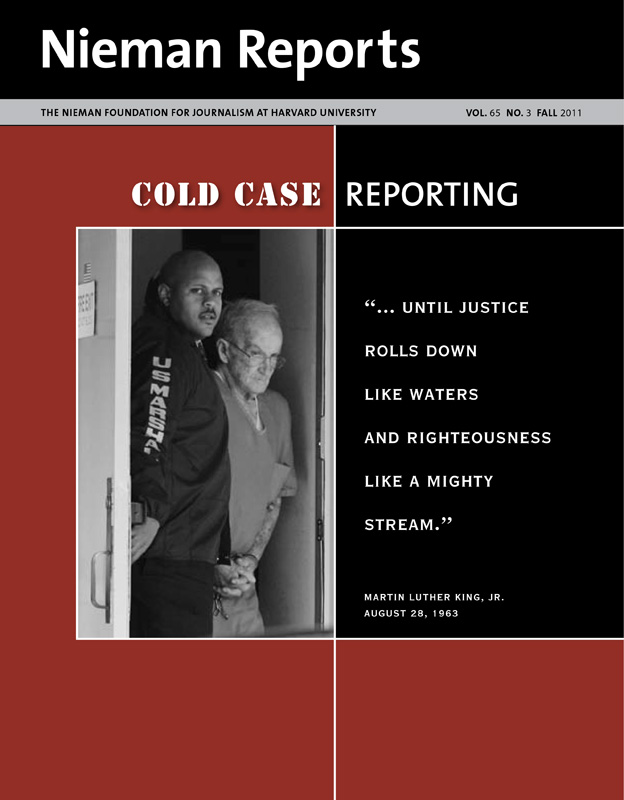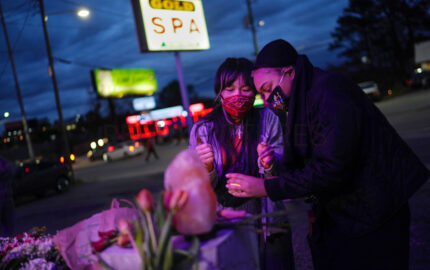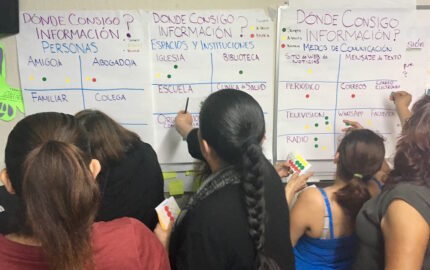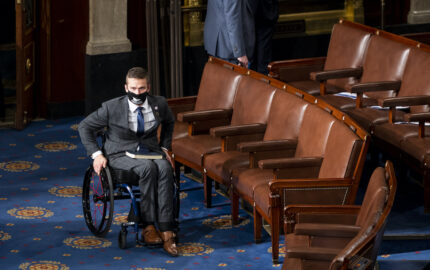We are attorneys and law professors who direct the Cold Case Justice Initiative (CCJI) at Syracuse University's College of Law, where we also teach. CCJI exists to reopen civil rights cold cases. We recognize the enormity of this task given that during the civil rights movement our nation's institutions—including the legal system and the press—failed the victims of these racial crimes and have continued to fail their families. Horrific crimes primarily against blacks went uninvestigated; the perpetrators, operating with impunity, went unpunished. We want to make up for the failings of legal authorities and state officials.
Through the years it is the victims' family members who have understood most clearly the intent and potential benefit of our efforts. They seek our help in tracking down and revisiting evidence from cases that have languished for decades and remain unsolved today. They regard us as partners in their struggle to seek accountability and justice for the deaths of loved ones. In helping them, we want to relieve the anguish they carry.
Our effectiveness resides in our legal expertise and our collaborations, including with journalists. Reporters bring these untold stories to public attention, and their role is essential in persuading legal authorities to act. At its core, however, our effort demands sensitivity to the desires that family members express in their quest for justice. When this is kept in mind, we've developed successful partnerships with journalists with whom we've meshed the interests of family members and the public's right to be informed about the circumstances of their loved ones' deaths.
Following Leads
Our journey with the CCJI began in the spring of 2007 when we became aware that the granddaughter of Frank Morris, a black shop owner in Ferriday, Louisiana whom the Ku Klux Klan had targeted and killed in 1964, was seeking assistance in solving his murder. According to his granddaughter Rosa Williams, neither local nor federal law enforcement officials had ever contacted the family or prosecuted anyone for the crime.
In February of that year the Federal Bureau of Investigation (FBI) published a list of about 100 unsolved civil rights era crimes. But that list was hardly all-inclusive; we've identified more than 160 suspicious deaths in Georgia alone that we think should be re-investigated, based on information from news reports and surviving family members. Many were originally reported as disappearances, suicides or killings by law enforcement under the guise of self-defense.
RELATED ARTICLE
“Who Killed Frank Morris?”
– Stanley Nelson
When Stanley Nelson, editor of the Concordia Sentinel weekly newspaper in Ferriday, found Morris's name on the FBI's list he started to investigate this local murder. After Nelson started writing about Morris, Williams called to thank him for his attention to the case, letting him know she wanted to pursue the men who caused her grandfather's death and might still be alive. While he would continue his reporting, Nelson couldn't become an advocate for Williams's cause nor could he represent her in any legal actions. We could, and in this instance, our timing turned out to be fortuitous. Janis (McDonald, the story's coauthor) happened to be visiting Nelson on an unrelated research question when the FBI press person returned Nelson's call about the Morris case.
After these phone calls, their conversation turned to working more closely on this case, pairing the capacities of criminal and civil rights attorneys with an investigative reporter to advance the case and respond to Williams's request for assistance. On her return to Syracuse, Janis sought Paula's (Johnson, the story's coauthor) assistance based on her work and teaching in criminal and human rights law. We agreed to assist the Morris family in its demand for justice. Soon Syracuse University College of Law students volunteered their assistance.
Our role was clear. We would advocate for Williams in her attempt to pursue criminal prosecutions, whenever possible, of those involved in setting the fire that killed her grandfather. To do this work, we gather evidence needed to convince law enforcement that prosecutions are viable against suspects whom we identify. We are not prosecutors. As a university-based, nonprofit organization, CCJI does not have the legal authority to subpoena witnesses or records or to convene a grand jury; the power to do that rests with state and federal law enforcement.
At the same time we started to work with Nelson and sent documents his way. At times our roles and therefore our priorities have limited our collaboration with him.
Reporters and Lawyers
As a journalist, Nelson writes stories based on evidence he finds and interviews he does without the same professional obligation to limit information even when it might affect a possible trial. As lawyers, we evaluate information based on how useful it might be in potential legal proceedings, yet our code of ethics binds us to protect potential prosecutions and the interests of victims' families. When conflict or tensions arise we acknowledge them and proceed independently, but we don't stop talking.
As Nelson wrote his 150 stories about the Morris case, CCJI provided him with thousands of pages of documents, some from Freedom of Information Act requests we made to federal and local law enforcement agencies. At the National Archives Annex in Maryland we discovered 7,000 substantially unredacted FBI documents on 1967 investigations. These included documents concerning the 1964 murders of Morris and another Louisiana man, Joseph Edwards, and the 1967 truck-bombing murder of Wharlest Jackson, Sr. in Natchez, Mississippi. CCJI analyzed documents that have become the basis of many of Nelson's accounts of FBI discoveries in the Morris investigation. Through his network of sources, Nelson has located witnesses who have given him additional information.
Our standing as lawyers gives us access to law enforcement that is different than for reporters. When the FBI agents failed to interview key witnesses, CCJI informed the U.S. Attorney General's office about the inexplicable delay. Within two months of beginning our work with Nelson, an FBI agent had been assigned to the Morris investigation; about seven months later we had convinced the U.S. Attorney for the Western District of Louisiana to become actively involved. Subsequently, the case has garnered the attention of attorneys in the Cold Case Unit of the United States Department of Justice's (DOJ) Civil Rights Division.
Our dual approaches keep steady attention fixed on the Morris case and they pressure local and federal law enforcement to thoroughly investigate it, with a spillover effect of bringing renewed attention to other cold cases from this era. A grand jury is now considering evidence in the Morris case being presented by DOJ under the supervision of the Concordia Parish District Attorney. This is a step toward possible prosecution.
CCJI expanded its investigative work to include other racially motivated killings that took place during the 1960's after visits to the Ferriday area and additional requests for help introduced us to other families with kin whose deaths are believed to be related to Klan violence.
Failing to See or Act
We can't escape the condemnation that falls on us because of the silence and inaction of those in our profession during Southern whites' reign of terror and lawlessness. Blacks suffered from unending racial terror at the hands of free roaming Klan members, often abetted by local law enforcement that failed to protect black citizens and didn't investigate or prosecute those who murdered blacks. Families remained silent then, afraid to speak. Federal officials sometimes investigated but prosecutions rarely happened despite admissions and other evidence in files from Washington, D.C. to New Orleans.
While the black press reported suspicious deaths, the white mainstream press largely ignored them and the violence that claimed so many lives. Nor did newspapers examine how racist killings could occur without public outrage or legal action. Sham legal proceedings that resulted in dismissals of cases or acquittals of defendants were rarely covered—and when they were, the outcome (usually an acquittal) was not questioned.
Only within the past two decades has a small cadre of journalists started to put their investigative heft behind unraveling these cases. Legal accountability has also started to be pursued in courts as pressure mounts on law enforcement to do its job. As crucial as the contributions of journalists and lawyers are to furthering the resolution of these cases today, family survivors have labored far longer than any of us in pushing for justice. They have lived for decades with the knowledge that law enforcement, journalists and public institutions didn't seek justice for murdered victims of racial hatred. We do well to respect and honor their fight for justice.
Paula C. Johnson and Janis L. McDonald are codirectors of the Cold Case Justice Initiative and professors at Syracuse University's College of Law.



